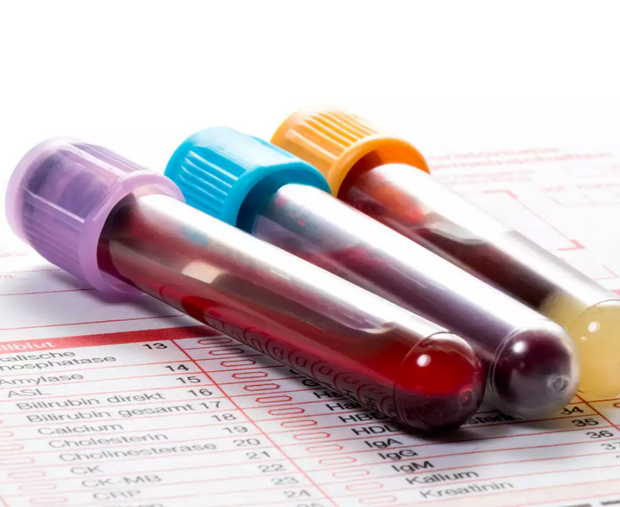Marriage is not just an emotional or legal union—it’s also a partnership of health and well-being. Taking certain medical tests before marriage can prevent future health complications, protect both partners, and ensure a healthy future for your family.
Here are the 8 most important medical tests every couple should consider before tying the knot:…..CONTINUE READING
1. Genotype Test

To prevent giving birth to children with sickle cell anemia, it’s important to know each other’s genotype. If both partners are AS or SS, there’s a high risk of complications.
2. Blood Group Compatibility Test

Knowing your blood types helps identify Rhesus factor compatibility (Rh factor). If the woman is Rh-negative and the man is Rh-positive, it can lead to pregnancy complications unless properly managed.
3. HIV Test

Early detection of HIV allows for proper management and helps couples make informed decisions about their future, including children and sexual health.
4. Hepatitis B and C Tests

Hepatitis B and C are highly infectious and can affect the liver. If detected early, vaccines or treatments can prevent transmission to the partner or future children.
5. Fertility Test

If you plan to have children, a fertility assessment can detect early signs of infertility. Tests may include semen analysis for men and hormone/ovulation tests for women.
6. Sexually Transmitted Infections (STIs) Screening

Many STIs like syphilis, gonorrhea, chlamydia, and HPV may not show symptoms but can cause serious complications if untreated. Early detection protects both partners.
7. Thalassemia Screening

Thalassemia is a hereditary blood disorder that can severely affect children if both partners are carriers. Screening helps assess the risk of passing it on.
8. Mental Health Evaluation

Mental health is just as important as physical health. Understanding each other’s emotional well-being and psychological needs can improve communication, empathy, and marital success.
 Bonus: Additional Helpful Tests
Bonus: Additional Helpful Tests
Depending on your family history and lifestyle, doctors may also recommend:
-
Diabetes test
-
Hypertension screening
-
Tuberculosis test
-
Genetic counseling
Taking these tests is not about distrust—it’s about love, responsibility, and planning a healthier future together. Talk to a doctor or a premarital counselor to guide you through the process. A strong marriage starts with transparency, including your health.CONTINUE READING


 Don’t Miss Out – Click Here to Unlock Your Exclusive Online Earning Tip!
Don’t Miss Out – Click Here to Unlock Your Exclusive Online Earning Tip!




